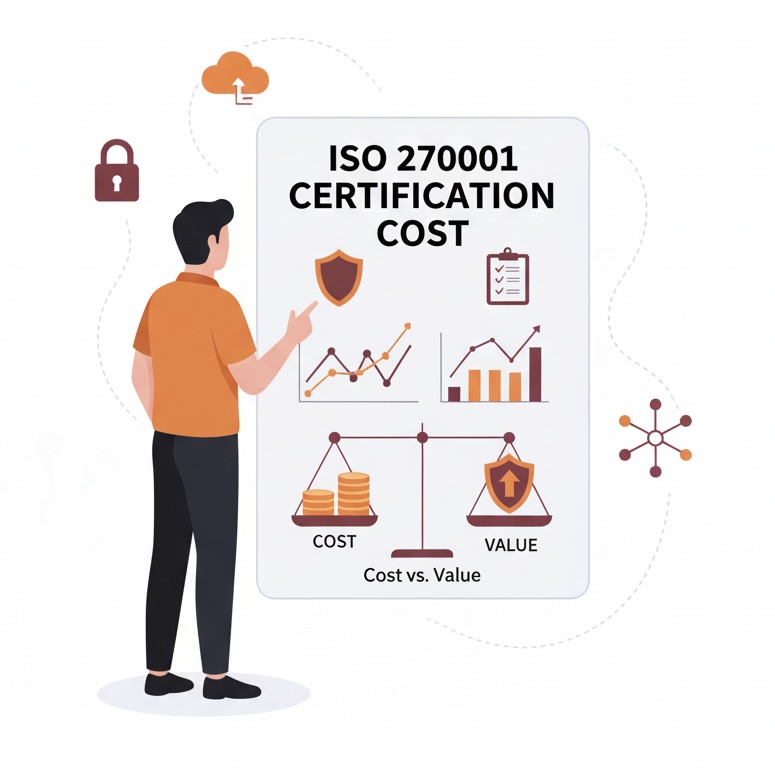Data security has become a core expectation in modern businesses and organizations. On the one hand, customers want reassurance that their information is safe, and regulators require proof that organizations are taking protection seriously. On the other, business partners prefer to work with you only if you demonstrate structured controls.
One of the most trusted ways to provide that assurance is through ISO 27001 certification, the globally recognized standard for information security management systems (ISMS). But how much does ISO 27001 certification cost, and is the value worth the investment? Let’s break it down.

(Image Source: Google Gemini)
Why Organizations Choose ISO 27001?
Many organizations pursue certification because a major client has requested it. Others adopt it proactively, knowing that the standard gives them credibility in the market. The reason may be different for everyone but the benefit is that it reduces the risk of cyber incidents, supports compliance with privacy laws, and signals reliability to stakeholders.
But wait, is ISO 27001 certification mandatory? Legally, the answer is no. Most governments do not require it by law. But in sectors such as healthcare, finance, and cloud services, certification is fast becoming a de facto requirement.
In Singapore, where digital services dominate the economy, being able to prove ISO 27001 certification can make the difference between winning and losing contracts.
What Are the Main Factors That Influence Certification Costs?
The ISO 27001 certification cost is not the same for every business. It depends on the following:
- Scope and Size of the Business: The certification is only applied to the defined scope, which might be an entire organization or just a specific department. Of course, a start-up certifying a single platform will pay less than a multinational with multiple sites. So, getting the scope right is one of the biggest cost levers.
- Existing Security Controls: Organizations that already have structured policies and monitoring systems in place will move through certification more quickly. If you’re starting from scratch, you often need to invest in new tools, awareness training, and written documentation, which adds to the budget.
- External Support: Consultants are not mandatory, but many organizations bring them in. These experienced advisors help identify gaps and prepare staff for audits. It adds to the ISO 27001 cost, but also reduces the risk of failure and speeds up the entire process.
How Much Do Organizations Typically Spend on ISO 27001?
No two organizations spend the exact same amount, but industry patterns help frame expectations. Here’s an idea.
- Small businesses (under 50 employees): Budgets often fall between USD 10,000 and 25,000. It usually covers internal preparation, consulting if needed, and audit fees.
- Mid-sized organizations (50–500 employees): The costs tend to rise into the USD 25,000–60,000 bracket due to the broader scope, increased systems to document, and additional audit time.
- Large enterprises (500+ employees): Investments can range from USD 60,000 up to 200,000 or more, especially when multiple sites or global operations are included.
The breakdown takes into account both audit and certification fees along with preparation and implementation costs. When considering only the certification body’s audit fees, amounts are between USD 5,000–15,000 for smaller firms. The bigger investment usually comes from getting prepared for certification rather than the audit itself.
What Is the Real Value Behind the Price Tag?
Focusing only on the invoice will make you miss the bigger picture. Becoming ISO 27001 certified creates value that extends beyond compliance:
- Reducing risk of costly breaches: Data incidents lead to legal settlements, regulatory fines, and brand damage so a single breach can cost far more than certification ever would.
- Winning new business: Many enterprises, particularly in finance, healthcare, and cloud services, now require ISO 27001 certification from their vendors.
- Staying aligned with laws and frameworks: ISO 27001 certification is not legally mandatory, but it strongly supports compliance efforts under GDPR (for firms serving EU clients), HIPAA (in healthcare), and state-level privacy acts like CCPA.
The real question is whether you are prepared to invest in resilience rather than risk unpredictable losses later. One successful audit may cost tens of thousands, but a public data breach can cost millions in lawsuits and lost customer confidence.
Final Words
The ISO 27001 certification cost varies, but the logic behind it does not. You may own a small start-up in California or a multinational with offices in New York, London, or Singapore, the principle is the same. The certification secures information, reassures customers, and strengthens your market position.
The price is measurable, but the resilience, credibility, and competitive advantage you get by being ISO 27001 certified go far beyond numbers on a balance sheet.

